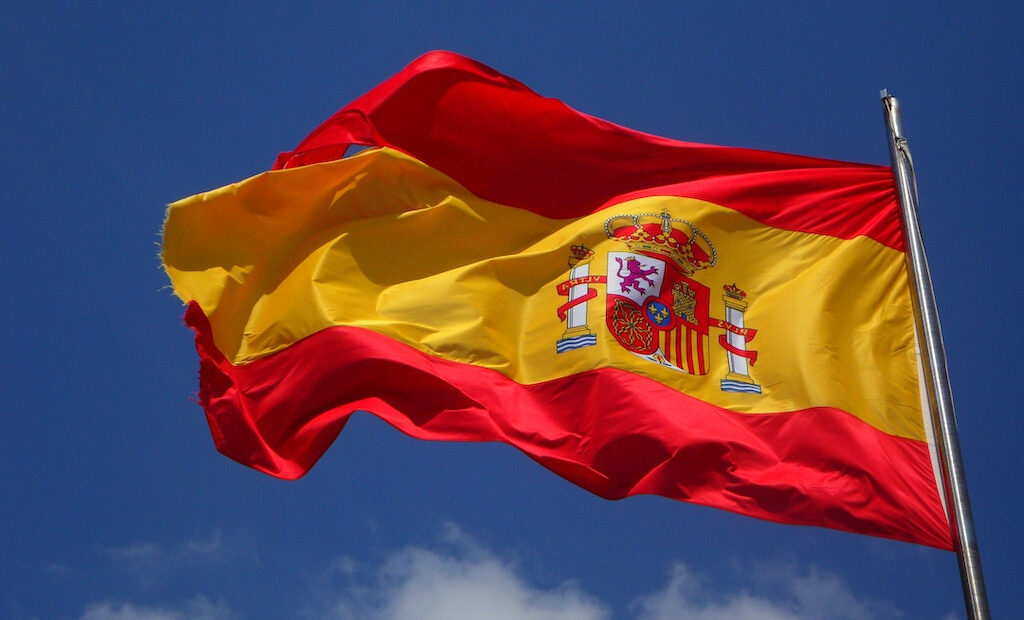Financial requirements for a non-lucrative visa in Spain

A lot of people don’t know that they don’t have to work or carry out any professional activity in Spain to live with their family there. All they need is a non-lucrative visa and pass the associated financial requirements to prove they it is economically sustainable for them and their family to stay in the country.
The first critical financial requirement for family members is solid evidence that an individual can financially support themselves in the country without looking for a job there. This article gives detailed information about the requirements for a non-lucrative visa in Spain and what’s needed to get one and keep it.
What is a non-lucrative visa in Spain and who is a suitable candidate?
A non-lucrative visa is a permit to reside in Spain without working. It is usually categorised as a Spanish long-stay visa. The main requirement, as mentioned, is that applicants have to prove that they can financially sustain themselves in Spain without getting a job and that they have sufficient funds to do so.
This visa does not include any work permit. An unmarried partner or spouse may also obtain a non-lucrative visa. Children and dependent relatives, especially the ones in the ascending line, may also obtain permits.
The non-lucrative visa is also known as the retiree permit because it is common among retirees who want to retire in Spain. However, as a retiree, it’s necessary to show financial stability, including costs for anyone coming along, without any income from work.
One cannot set up a business or be employed in Spain while resident on this visa.
Non-lucrative visa requirements in Spain
Before applying for the non-lucrative visa, here are some of the requirements that must be met:
1. Proof of financial means
The applicant should provide copies of documents to prove that they can support themselves financially during their stay in Spain. PDF copies of the following documents are required:
- Income tax returns
- Salary slips
- Bank statements
- Property inventory
2. Health insurance
These visas require that the applicant be insured by a health insurance provider recognised in Spain. This requirement can be met if the applicant holds a valid EHIC card purchased in their country of residence before they arrive in Spain or if they have purchased an insurance policy from another country that provides acceptable coverage. In addition, a medical certificate will be needed to assess the applicant’s health.
3. Criminal records certificate
Applicants should not have any criminal records in their country of origin or in Spain during the last five years. To prove this, an applicant must provide a criminal record certificate that proves they are free of any convictions both in their country of origin and in Spain.
The government delegation or sub-delegation will check thecriminal records from the applicant through the reports of the central penitentiary register, the civil guard and the general directorate of the police.
4. No entry ban in the Schengen Area
Any applicant with a ban in the Schengen area will be denied a visa of any kind in Spain, so it’s essential to ensure that they do not have any prohibition in the Schengen Area.
Minimum earnings for a non-lucrative visa application
Having sufficient financial means showing that there’s enough money to cover living expenses, including accommodation, food, healthcare and other essential costs.
The Spanish government dictates that an applicant must have monthly earnings of at least 2,316.08€ and an additional 5,7902€ for each additional family member who’s coming along.
One way to prove financial resources is by providing evidence of income from employment or self-employment. Alternatively, proof of savings or other financial assets that can be used as support are also valid.
Anyone who relies on financial assistance from friends or family must provide documentation confirming this arrangement.
Generally speaking, the more money you can demonstrate access to, the easier it will be to obtain a non-lucrative visa in Spain.
However, even if your finances are modest, obtaining a visa may still be possible if the applicant provides other evidence of their ability to support themselves financially (such as property ownership or rental agreements).
The application process
To apply for a non-lucrative visa in Spain, it’s necessary to be in the country of origin to complete the process. Here is the process applicants will undergo:
- Interview
Applicants have to attend an interview with Spanish embassy staff. Embassy staff will decide their fate based on the questions asked in the interview.
If they are satisfied with the answers, the application will be forwarded for further process. Still, if they think that the applicant cannot justify the reasons for applying for a non-lucrative visa to Spain, the application will be rejected.
- Collecting passport and visa
After the Spanish government approves an application, the applicant can collect their passport along with their Spanish visa from the VFS centre within 15 days. The passport will be returned with 90 days’ multiple-entry Schengen visas stamped. It is possible to enter Spain after this date.
Processing duration
A complete application processing takes approximately two to three weeks. However, if a visa application does not have any mishaps, the Spanish consulate may not take more than three weeks to issue a visa.
Cost of application
The cost of a Spanish non-lucrative visa in Spain is €60 for adults and €30 for children under 18. This visa allows holders to stay in Spain for up to one year, but it doesn’t give the right to conduct any economic or professional activities in Spain. This also includes remote working applicants – they are not allowed to work in Spain under a non-lucrative visa. It doesn’t matter whether the applicant has worked in Spain before to be allowed a non-lucrative visa.
Benefits of obtaining a non-lucrative visa In Spain
There are many benefits to obtaining a non-lucrative visa for Spanish residency. First, this type of visa allows holders to live in Spain for a whole year without any extra visa needed. Additionally, non-lucrative visa holders are exempt from paying taxes on their worldwide income, which is very advantageous, mainly because they may not have any professional activity in Spain. This can be a significant advantage for self-employed, retired persons, or people who have income from sources outside Spain. Finally, the non-lucrative visa gives holders access to Spain’s public healthcare system, especially if they have insurance coverage in the country.
What if the application is denied?
If an application for a non-lucrative visa is denied, the applicant will not be able to live or work in Spain. However, they may be able to reapply for the visa if they can show that their circumstances have changed since the last application.
If a person is denied a non-lucrative visa, they may also be able to apply for other types of visas that would allow them to live and maybe even work in Spain.
Conclusion
There are key points to remember when wrapping up one’s thoughts around the financial requirements for a non-lucrative visa Spain.
First, it is essential to keep in mind that Spanish law does not allow for retirement visas. Secondly, while the cost of living in Spain is relatively low compared to other Western European countries, immigrants will need a source of income to support themselves financially. It’s also essential to ensure that any documents shared are translated into Spanish – no documents in any other language will be accepted.
Lastly, it’s well worth consulting with an immigration lawyer before making any final decisions about visa status.
The editorial unit
























Facebook
Twitter
Instagram
YouTube
RSS